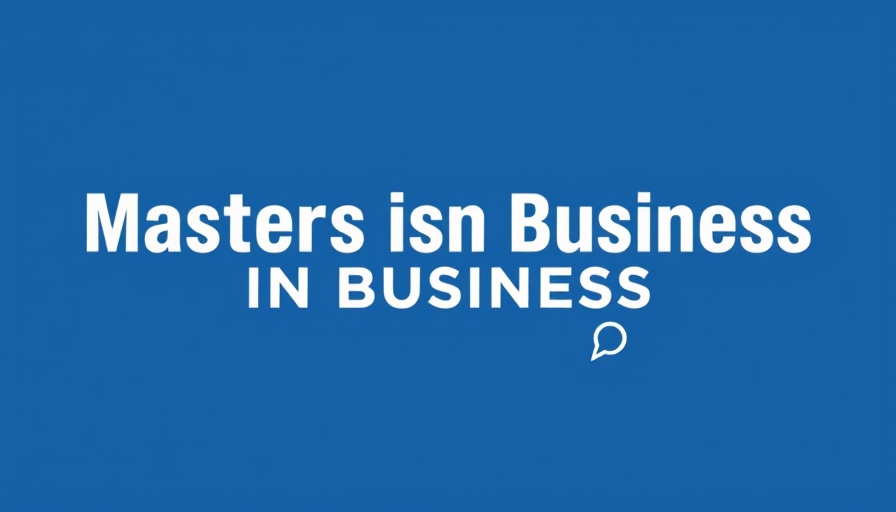
Uncovering the Philosophy Behind Bridgeway Capital Management
This week, I had the opportunity to engage in a compelling conversation with John Montgomery, founder of Bridgeway Capital Management, a firm that intriguingly combines quantitative analysis with an emphasis on philanthropy. Established in 1993, this firm has made waves by pledging to donate half of its profits to charity. This unusual blend of finance and social responsibility not only sets them apart in a competitive industry but also highlights the human side of investing.
From Engineering to Finance: An Unexpected Journey
Montgomery's background is as multifaceted as his investment strategies. With a BS in engineering, a BA in philosophy from Swarthmore, and a graduate degree from MIT, his trajectory began in urban development and transportation. His aim was to enhance city life through improved transportation systems. You could say companionship and data analytics define his approach, both in the world of urban development and finance. As it turns out, both careers require a keen analytical mind and a profound understanding of people.
Driving Change with Data
Delving deep into Montgomery's experience, it’s striking how his early exposure to computer modeling and statistical methods at MIT laid the groundwork for his financial career. Despite the investment landscape being less data-driven when he transitioned into the field, his engineering principles guided him. Today, this strong analytical foundation influences the strategies he employs at Bridgeway, allowing for more nuanced decision-making that backs their philanthropic goals.
Philanthropy in Finance: A Unique Approach
What truly makes Bridgeway Capital remarkable is its commitment to philanthropy. By donating 50% of profits, Montgomery showcases a refreshing stand in an industry that often prioritizes profits over purpose. This dedication has resulted in the firm giving away tens of millions of dollars to various charitable organizations over the years. It prompts a thought-provoking discussion on how finance can leverage success for greater good. Montgomery's perspective illustrates that purpose can indeed coexist with profit, inspiring other firms to potentially adopt similar commitments.
Navigating the Future of Investment
As we look toward the future, Montgomery's approach may serve as crucial insight for investors and firms alike. With growing calls for corporate social responsibility, Bridgeway's model suggests a promising trend in blending financial success with social impact. For those in Philadelphia and beyond, understanding this intersection could redefine what investors seek from financial advisors and firms in the long run.
As top wage earners in Philadelphia look for meaningful investment avenues, Montgomery's narrative of integrating philanthropy into business practices can provide inspiration and guidance. His unique journey is a reminder that the finance world can indeed prioritize both profit and purpose.
 Add Row
Add Row  Add
Add 




Write A Comment